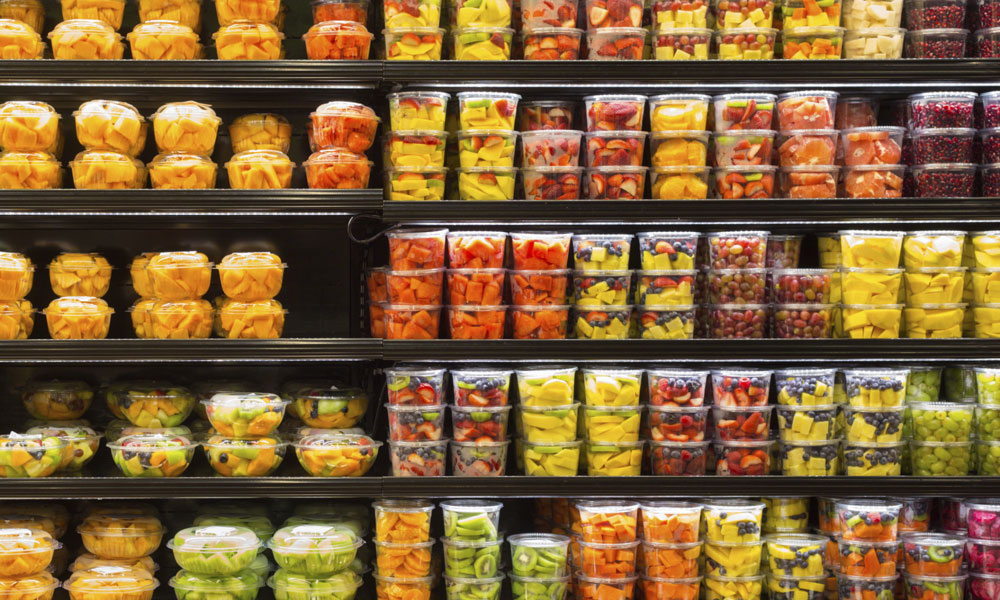
Lacking Federal Input on “Natural” Labeling, Food Group Steps In
With federal officials refraining from regulating the use of the word "natural," one association has taken on the task.
“Natural” food is more popular than ever, but with that popularity comes a lot of confusion.
According to a 2015 Nielsen report, sales of products labeled “natural” increased by 24 percent from 2012 to 2014. And the Natural Marketing Institute reports [PDF] that more than a third of consumers who use “natural” foods say they do so daily.
But recent research from the Organic & Natural Health Association (ONHA) shows that shoppers tend to pick up that jar of “natural” peanut butter or the “all natural” potato chips because it’s labeled that way, without really understanding what the word means.
Despite the market confusion this causes, the Food and Drug Administration has yet to adopt a formal definition of the word for regulatory purposes, as the United States Department of Agriculture has for the term “organic.” This has allowed for certain foods to claim the title, even though they contain ingredients that would not qualify as natural, such as added color and artificial flavors.
A Natural Opening
That leaves an opening that ONHA is working to fill.
The group recently announced it would create a formal definition of natural food, as well as a new labeling program for such foods.
“It became clear to us that we just needed to define ‘natural’ as what it was,” ONHA CEO Karen Howard recently told The Guardian.
ONHA would approve a product under its criteria if at least 95 percent of the ingredients were found to be natural, while requiring the rest of the ingredients in the products to be clearly defined. The definition follows similar rules set by the USDA for the term organic.
For fortified foods, products must not use genetically modified organisms and must have no traces of artificial ingredients.
Just a “Marketing Claim”?
While ONHA is optimistic that this will help limit customer confusion, some are not convinced.
Colin O’Neil, the director of government affairs for the Center for Food Safety, told The Guardian that voluntary claims don’t carry the weight of the law, allowing for cracks in the veneer.
“Relying solely on a new marketing claim is not going to address widespread consumer confusion around the issue of ‘natural,'” O’Neil said.
Nonetheless, ONHA hopes to have both the regulatory program and a consumer-education campaign ready to go by the beginning of next year.
“We are now embarking on the development of a program that will create a clear, meaningful definition for natural foods, followed by a definition for natural supplements,” said Howard.
(iStock/Thinkstock)






Comments